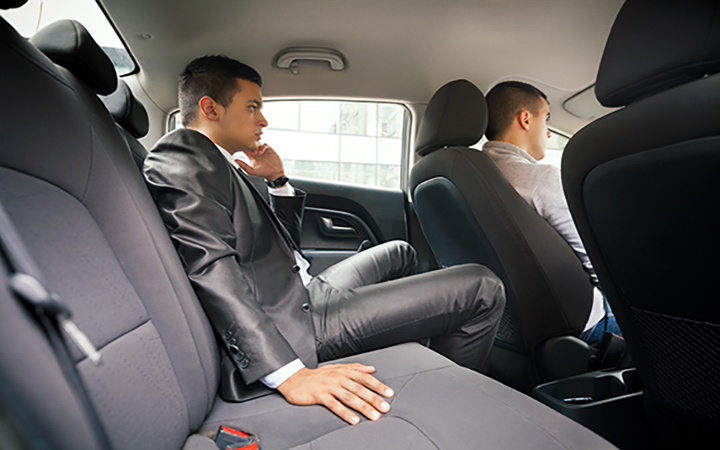
Driving for Uber or Lyft and the Personal Automobile Coverage Gaps or Exclusions that May Exist
As the “ride sharing” phenomenon embodied by companies such as Uber and Lyft has captured the interest and imagination of drivers and vehicle owners, the lure of making some extra cash has resulted in serious consequences if proper insurance coverage is not obtained.
Uber and Lyft, also known as “Transportation Network Companies” or “TNCs,” have been around for a decade. More recently, they have been in the news due to high profile accident claims and litigation that caused a re-evaluation of insurance coverage provided by the TNCs, as well as by Personal Auto Policy insurers. Key issues revolve around the “3 Periods” of TNC driving, and specifically the coverage limitations and / or exclusions based on these periods. These periods are:
- Period 1: Activation of the TNC mobile application
- Period 2: Acceptance of a ride request
- Period 3: Pick up of a passenger
For example, in New York State, Uber provides Bodily Injury Liability limits of only $75,000 per Person, $150,000 per Occurrence and $25,000 of Property Damage coverage while the TNC driver is in Period 1. Once in Periods 2 and 3, the coverage is increased to a Combined Single Liability Limit of $1,250,000. This may seem okay, but keep in mind that many Personal Auto Policies now exclude all coverage the moment the TNC mobile application is turned on. In addition, there may be no coverage for damage to the driver’s personal vehicle, and additional gaps or minimum coverage limits for Uninsured / Underinsured Motorists, Personal Injury Protection and Medical Payments. Coverage provided by the TNC varies by state, and some states may require a commercial driver’s license or a commercial auto policy. Similarly, should you carry Personal Umbrella / Excess Liability coverage within your personal insurance program, there may be no coverage, limited coverage or a gap in coverage while driving for a TNC.
In response, Personal Auto Policy insurers have either clarified their policy language to exclude all coverage while the vehicle is used as a TNC vehicle during all 3 Periods of TNC driving, starting when the TNC application is turned on, or, in some states, have begun to offer a “ride sharing” endorsement or separate “ride sharing” policy.
Most importantly, do not drive, or allow any family members to drive for Uber, Lyft or another TNC without first checking whether your Personal Auto Policy will provide any coverage at all, and if not, a commercial or ride sharing policy may be available as an alternative.
AssuredPartners Personal Insurance advisors can provide guidance with contract language, coverage limits and choice of insurance carrier. To learn more, visit AssuredPartners Personal Insurance.
Featured News & Insights

The holidays are approaching, and there's no better time to gather, reflect and prepare for the new year ahead. Much like your holiday table, no two insurance needs are exactly the same. Everyone's...

Understanding your home insurance policy is crucial to avoid costly surprises and to secure peace of mind. According to an article from ProgramBusiness, nearly 50% of homeowners are unsure about the...

As HR professionals explore new ways to support and retain their workforce, benefits that reflect employees’ real lives are more important than ever. When organizations offer their people benefits...